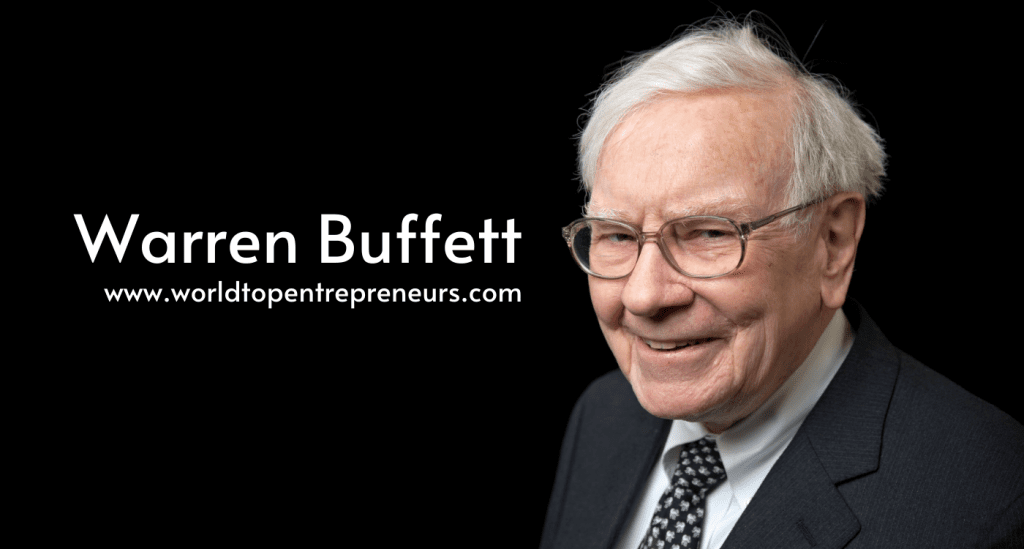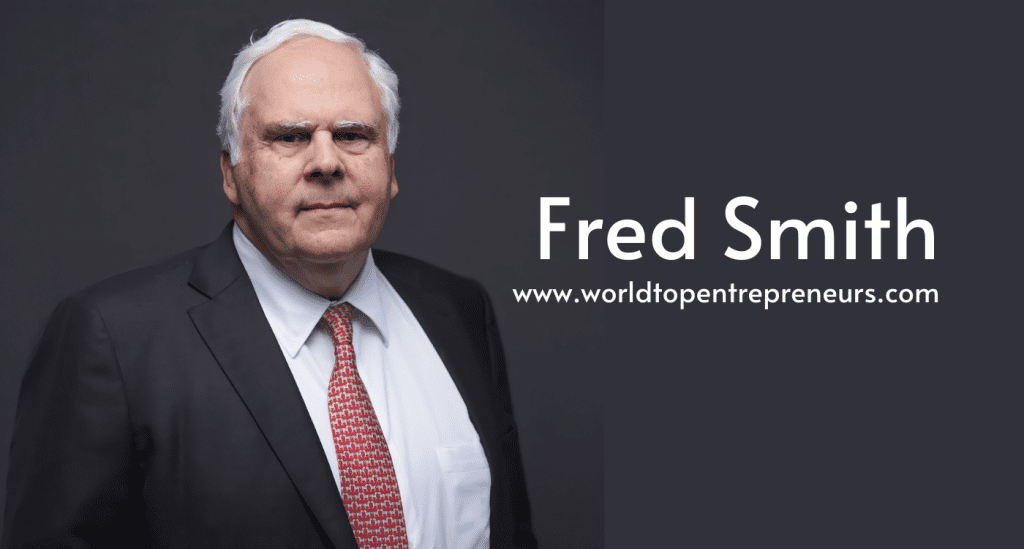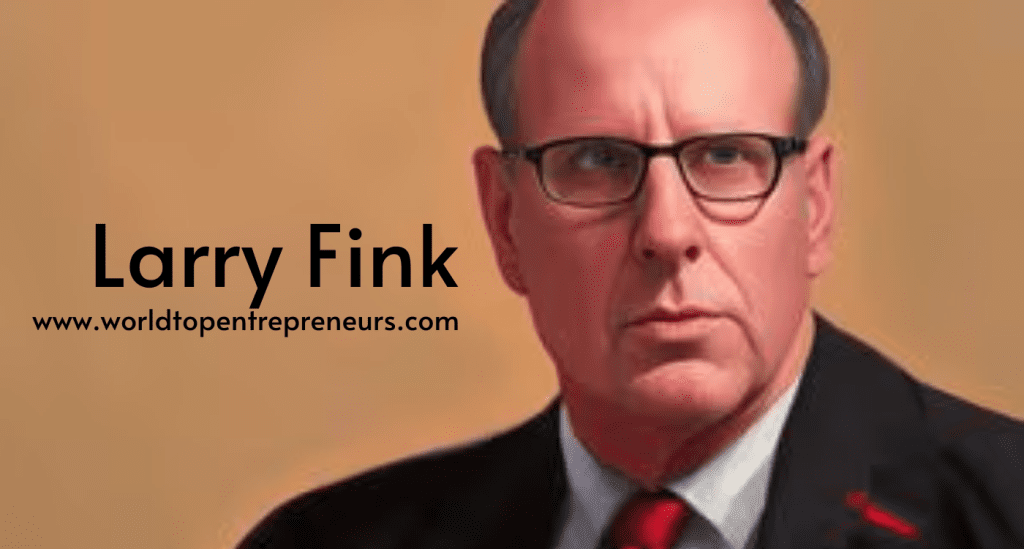Warren Buffett, often referred to as the “Oracle of Omaha,” stands as one of the most revered figures in the world of finance and investment. His journey from a small-town boy in Omaha, Nebraska, to becoming one of the wealthiest individuals on the planet is a tale of extraordinary vision, strategic acumen, and an unwavering commitment to value investing. This article delves into Buffett’s life, his approach to investing, and the profound impact he has had through Berkshire Hathaway.
Early Life and Influences
Warren Edward Buffett was born on August 30, 1930, in Omaha, Nebraska. The son of Howard Buffett, a stockbroker and later a U.S. Congressman, and Leila Stahl Buffett, Warren was exposed to the world of finance from a young age. His father’s profession instilled in him an early fascination with the stock market, which would eventually become the cornerstone of his career.
Buffett’s entrepreneurial spirit emerged during his childhood. At the age of six, he was already selling gum and Coca-Cola door-to-door, a glimpse of the tenacity and business acumen that would define his future. By the time he was eleven, he was buying shares of stock, including a modest investment in Cities Service Preferred, a company he would later recount as a formative experience. Despite the stock’s initial drop, Buffett held on, only to see it rise significantly. This early lesson in patience and long-term investing was instrumental in shaping his investment philosophy.
Buffett’s educational journey took him to the University of Pennsylvania’s Wharton School and later to the University of Nebraska, where he completed his undergraduate degree in business. His academic pursuit continued at Columbia Business School, where he studied under Benjamin Graham, the father of value investing. Graham’s teachings on the intrinsic value of stocks and the importance of margin of safety profoundly influenced Buffett and laid the groundwork for his investment strategies.
The Formation of Berkshire Hathaway
Warren Buffett’s professional career began in earnest after his formal education. He initially worked for his father’s brokerage firm before branching out with his own investment partnerships. These partnerships were remarkably successful, allowing Buffett to accumulate both capital and experience. In 1965, Buffett took control of Berkshire Hathaway, a textile manufacturing company that would soon become the cornerstone of his investment empire.
At the time Buffett acquired Berkshire Hathaway, the company was struggling financially. However, Buffett saw potential in the company’s undervalued assets and began transforming it into a diversified investment vehicle. His approach was to invest in businesses with strong fundamentals, capable management, and a competitive edge, rather than focusing solely on undervalued stocks.
Buffett’s acquisition strategy initially involved buying companies outright and integrating them into Berkshire Hathaway’s portfolio. Over time, the company evolved into a conglomerate with interests in a wide range of industries, including insurance, utilities, and consumer goods. This diversification strategy allowed Berkshire Hathaway to mitigate risks and capitalize on various market opportunities.
The Philosophy of Value Investing
Warren Buffett’s investment philosophy is deeply rooted in the principles of value investing, a strategy pioneered by his mentor Benjamin Graham. Value investing focuses on purchasing stocks that are undervalued relative to their intrinsic value, with the expectation that their true worth will be recognized over time.
Buffett’s approach to value investing is characterized by several key principles:
Intrinsic Value: Buffett emphasizes the importance of understanding a company’s intrinsic value, which is its true worth based on its fundamentals, such as earnings, assets, and growth potential. He compares this value to the market price of the stock to determine if it is undervalued or overvalued.
Margin of Safety: A cornerstone of Buffett’s philosophy is the concept of margin of safety, which involves buying stocks at a price significantly below their intrinsic value. This approach provides a cushion against potential losses and reduces the risk of investing in overvalued assets.
Long-Term Perspective: Buffett is known for his long-term investment horizon. He prefers to invest in companies with strong competitive advantages and competent management, allowing him to hold onto these investments for extended periods. This long-term perspective aligns with his belief in the power of compounding returns.
Quality Businesses: Buffett focuses on investing in high-quality businesses with durable competitive advantages, such as strong brand recognition, cost leadership, or unique products and services. These businesses are more likely to generate consistent profits and weather economic downturns.
Management Integrity: The quality of management is a critical factor in Buffett’s investment decisions. He values companies with honest and capable leaders who prioritize the interests of shareholders and demonstrate sound decision-making.
Notable Investments and Acquisitions
Warren Buffett’s investment prowess is exemplified by a series of notable investments and acquisitions that have shaped Berkshire Hathaway’s portfolio. Some of these investments have become iconic examples of his successful strategy:
Coca-Cola: One of Buffett’s most famous investments is in Coca-Cola. In 1988, Berkshire Hathaway purchased a significant stake in the beverage giant. Buffett’s investment in Coca-Cola was driven by the company’s strong brand, global reach, and consistent profitability. The investment has proven to be highly lucrative, with Berkshire Hathaway reaping substantial returns over the years.
American Express: Buffett’s investment in American Express is another standout example. In the 1960s, American Express faced a financial crisis due to a scandal involving its salad oil business. Buffett saw an opportunity in the company’s strong brand and competitive position. His investment in American Express has since yielded impressive returns and demonstrated Buffett’s ability to identify undervalued assets.
See’s Candies: Buffett’s acquisition of See’s Candies in 1972 is a prime example of his preference for high-quality businesses. See’s Candies, a premium chocolate and candy company, provided Berkshire Hathaway with a reliable source of cash flow and demonstrated Buffett’s ability to recognize the value of strong consumer brands.
BNSF Railway: In 2010, Berkshire Hathaway acquired Burlington Northern Santa Fe (BNSF) Railway, one of the largest freight rail networks in North America. The acquisition aligned with Buffett’s long-term investment strategy and provided Berkshire Hathaway with a stable and profitable asset in the transportation sector.
Apple: In recent years, Buffett’s investment in Apple has garnered significant attention. Berkshire Hathaway began purchasing shares of Apple in 2016 and has since become one of the company’s largest shareholders. Buffett’s investment in Apple reflects his recognition of the company’s strong competitive position, innovative products, and robust financial performance.
The Culture of Berkshire Hathaway
Berkshire Hathaway’s success can be attributed not only to Warren Buffett’s investment acumen but also to the unique corporate culture he has fostered. The company’s decentralized structure and emphasis on autonomy have played a crucial role in its growth and success.
Decentralized Management: One of the key aspects of Berkshire Hathaway’s culture is its decentralized management approach. Buffett allows the managers of the various subsidiaries to operate independently, providing them with the freedom to make decisions and run their businesses as they see fit. This approach encourages innovation, accountability, and entrepreneurial spirit among the managers.
Long-Term Focus: Berkshire Hathaway’s culture is centered around a long-term investment horizon. Buffett’s philosophy of buying and holding high-quality businesses for the long term is ingrained in the company’s operations. This focus on long-term value creation aligns with Buffett’s belief in the power of compounding and provides stability to the organization.
Shareholder-Centric Approach: Buffett’s commitment to shareholder value is a cornerstone of Berkshire Hathaway’s culture. He prioritizes transparency, integrity, and effective communication with shareholders. The annual Berkshire Hathaway shareholder meeting, often referred to as “Woodstock for Capitalists,” is a testament to Buffett’s dedication to engaging with investors and addressing their concerns.
Frugality and Simplicity: Despite Berkshire Hathaway’s massive scale and financial success, the company maintains a culture of frugality and simplicity. Buffett and his team emphasize cost control, efficient operations, and a straightforward approach to business. This culture of simplicity reflects Buffett’s belief in focusing on what matters most and avoiding unnecessary complexity.
Philanthropy and Legacy
Warren Buffett’s impact extends beyond his achievements in investing and business. He is also known for his commitment to philanthropy and his efforts to give back to society. Buffett’s philanthropic endeavors are guided by his belief in using his wealth to address pressing social issues and make a positive impact on the world.
The Giving Pledge: In 2010, Warren Buffett, along with Bill and Melinda Gates, launched The Giving Pledge, a commitment by billionaires to give away the majority of their wealth to charitable causes during their lifetimes. Buffett’s involvement in The Giving Pledge reflects his dedication to philanthropy and his belief in the responsibility of wealthy individuals to contribute to the greater good.
Charitable Contributions: Buffett has made substantial charitable contributions throughout his life. Notably, he has donated billions of dollars to organizations such as the Bill & Melinda Gates Foundation, the Susan Thompson Buffett Foundation (named after his late wife), and various educational and health-related causes. His philanthropic efforts focus on improving global health, education, and poverty alleviation.
Legacy of Integrity: Warren Buffett’s legacy is characterized by his unwavering commitment to integrity, honesty, and ethical behavior. His approach to investing, business, and philanthropy has set a high standard for others to follow. Buffett’s emphasis on long-term value creation, transparency, and responsible stewardship of resources has earned him widespread respect and admiration.
The Future of Berkshire Hathaway
As Warren Buffett approaches the later stages of his career, questions about the future of Berkshire Hathaway and the company’s leadership transition have become increasingly relevant. Buffett has addressed these concerns by preparing for a smooth succession plan and ensuring that Berkshire Hathaway’s values and culture endure beyond his tenure.
Succession Planning: Warren Buffett has been transparent about his succession planning, identifying key executives who will lead Berkshire Hathaway after his departure. Buffett’s successors are expected to uphold the company’s principles and maintain its long-term focus on value investing. The planned transition aims to ensure continuity and stability for Berkshire Hathaway’s shareholders and employees.
Adapting to Change: The investment landscape is continually evolving, with technological advancements, regulatory changes, and shifting market dynamics. Berkshire Hathaway is expected to adapt to these changes while staying true to its core principles of value investing and disciplined management. The company’s ability to navigate these changes while preserving its culture will be crucial for its continued success.
Impact on Future Generations: Warren Buffett’s legacy is likely to have a lasting impact on future generations of investors, business leaders, and philanthropists. His approach to investing, business ethics, and philanthropy serves as a model for others to follow. Buffett’s influence on the investment community and his contributions to charitable causes will continue to shape the world in meaningful ways.
Conclusion
Warren Buffett’s journey from a young entrepreneur in Omaha to the chairman and CEO of Berkshire Hathaway is a remarkable story of vision, resilience, and success. His investment philosophy, characterized by a focus on intrinsic value, margin of safety, and long-term perspective, has redefined the practice of investing and set a high standard for others to follow.
Buffett’s impact extends beyond his financial achievements, encompassing his contributions to philanthropy, corporate culture, and ethical leadership. His commitment to using his wealth for the greater good and his emphasis on integrity and transparency have earned him widespread respect and admiration.
As Berkshire Hathaway continues to thrive under Buffett’s leadership, the future of the company and his legacy will be shaped by the principles he has championed throughout his career. Warren Buffett’s story is not just about financial success but about the enduring values of honesty, perseverance, and the pursuit of meaningful goals. His journey serves as an inspiration to aspiring investors, business leaders, and individuals striving to make a positive impact on the world.





















